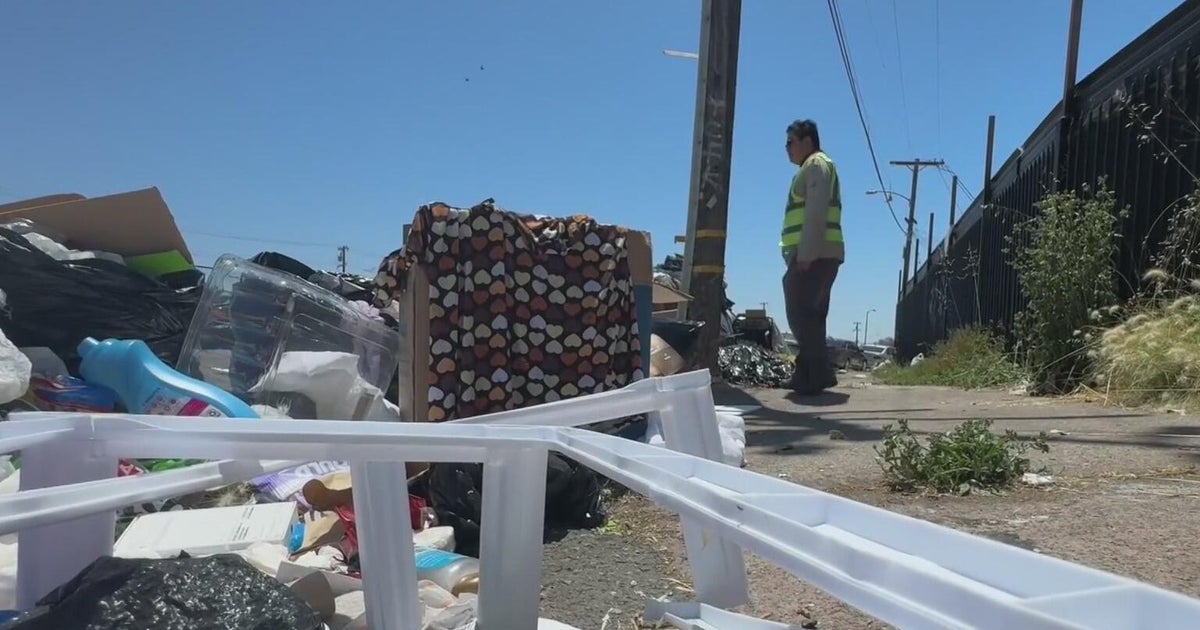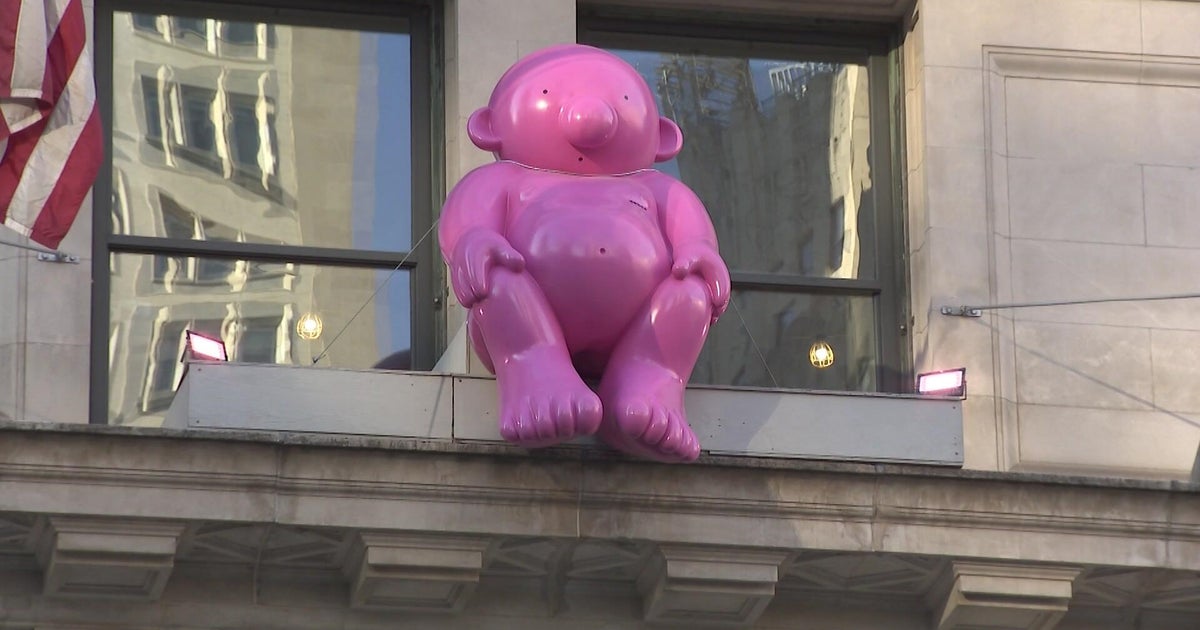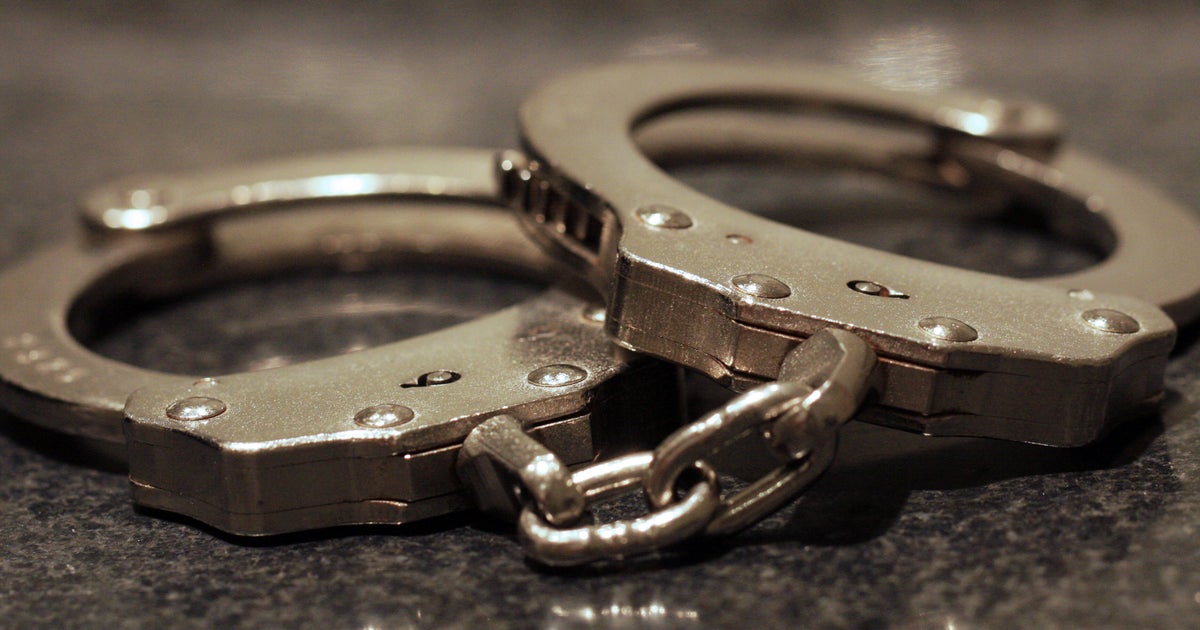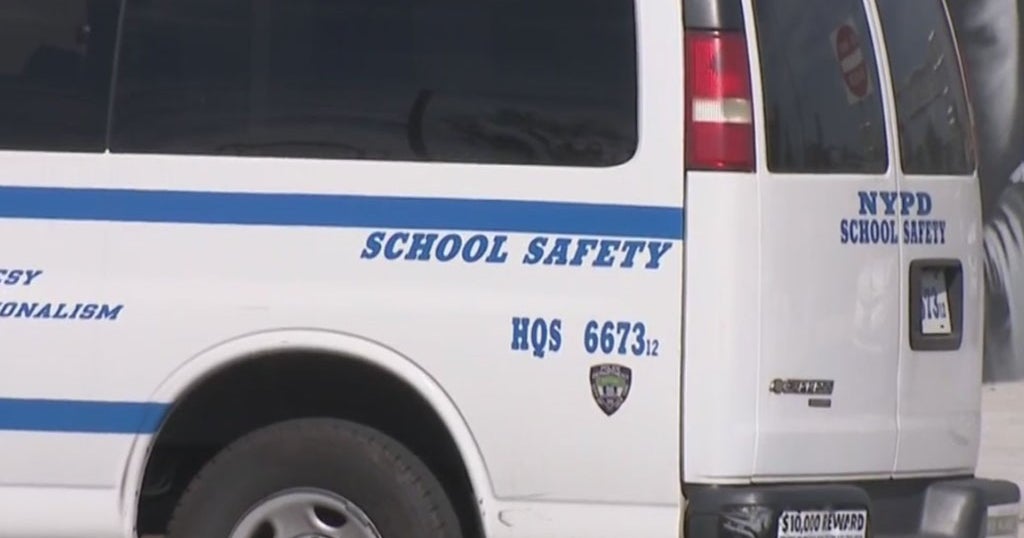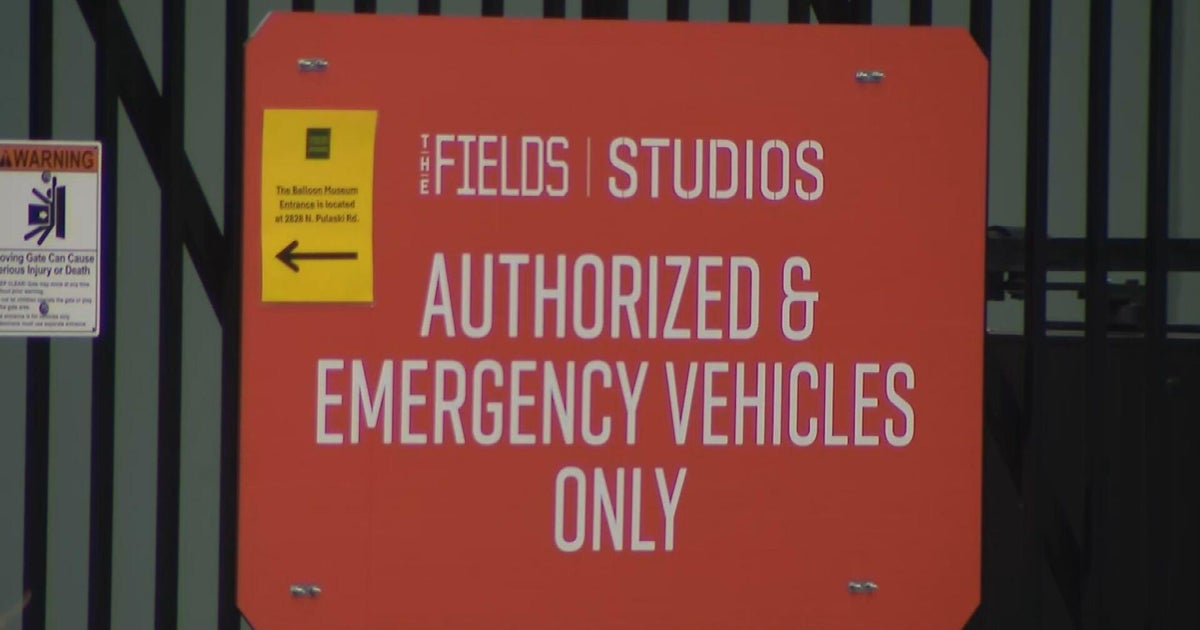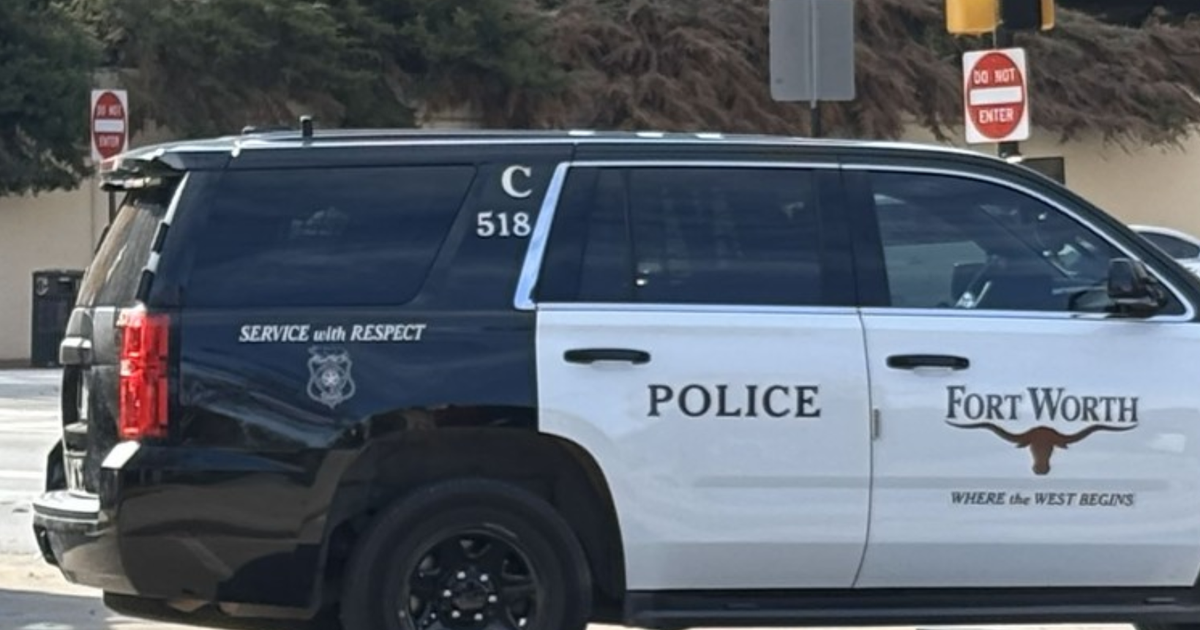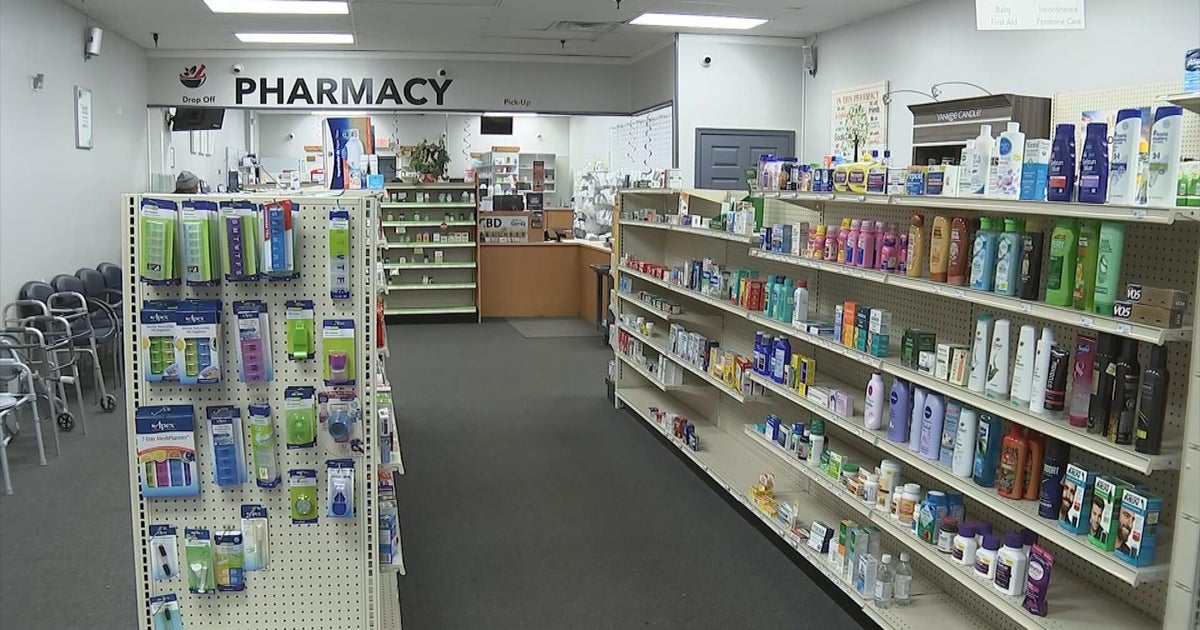New York City sanitation department cracking down on illegal dumping thanks to surveillance cameras
NEW YORK -- It's illegal to dump trash, old furniture or any kind of junk on New York City streets, but despite that, it's a persistent problem, and it's an environmental hazard that can cost you hefty fines.
CBS2's Jennifer Bisram rode along with the city's sanitation department to learn more.
Marisa and her four-legged friend Jo-Jo walk along Fountain Avenue in Brooklyn daily, dodging trash tossed in her neighborhood.
"I want him to be super protected, like my baby," Marisa said.
She arms her service dog with booties.
"The garbage company pass by and clean all this almost all the time. Once or twice a month. It's always every other week, the same thing," Marisa said.
She says people dump clothes, tires and furniture on the streets.
The City of New York's Department of Sanitation is cracking down on illegal dumping with strict enforcement.
"We target illegal dumping and other quality of life violations," said Lt. Anthony Rizzo, with the city Sanitation Police.
The department has been adding cameras in the five boroughs where the dumped debris keeps piling up. A total of 250 are expected to be installed by summer.
"We see a variety of things. Construction debris, household waste, yard waste," Rizzo said.
CBS2 spent the day with crews as they reviewed surveillance video. One surveillance video showed furniture being left in the East Tremont section of the Bronx.
"Once he's done, he gets in vehicle and drives off," Lt. Richard Coriasco said.
In Glendale, Queens, cement was ditched on the side of the road.
We then rode along with officers to several areas in Brooklyn and Queens where, despite signs reading "Area under surveillance: dumping is a crime," bags of yard waste were taking up public space.
Officers track illegal dumpers using their license plates or information found in their trash and give them a $4,000 summons and impound their vehicle until the fine is paid.
The sanitation department's definition of illegal dumping requires material to be discarded from a vehicle and be more than a cubic yard -- that's 3 feet wide by 3 feet long by 3 feet deep.
The city says calls of chronic dumping are rising -- over 4,000 in 2022 and close to 1,000 already this year.
"It does affect minority and low-income communities more than it affects other communities," DSNY Commissioner Jessica Tisch said.
Illegal dumping hotspots include Glendale in Queens, East New York in Brooklyn, East Tremont in the Bronx and Mariners Harbor in Staten Island.
"It's a hazard. It's toxic waste sometimes," Rizzo said.
But the commissioner tells CBS2, the cameras are working. So far this year, there have been 28 illegal dumping impounds, compared to only five the same time last year.
"Illegal dumping is a big problem because it is an abuse of our communities and our streets. It's a theft of public space," Tisch said.
New Yorkers say it's also an eye sore and done with no regard for the people who work and live nearby.
"It's very upsetting," Marisa said.

